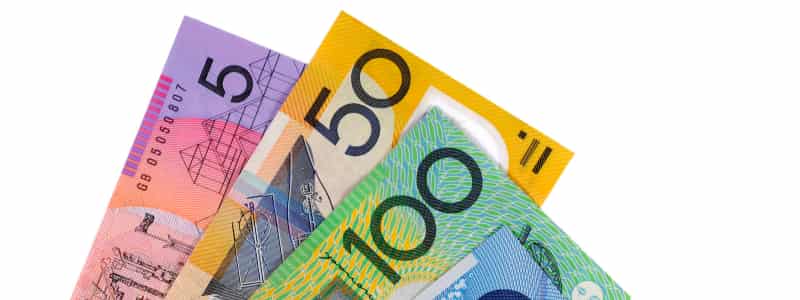Small businesses and COVID-19
The recent COVID-19 outbreak has already had a significant impact on small businesses, despite only arriving on our shores at the end of January. Currently, outdoor events with more than 500 people are banned. This has led to the cancellation of many festivals, sporting events and expos up until the end of the year. Indoor gatherings of more than 100 people are also now banned. Inevitably, small businesses are starting to feel the effects of this as more people choose to stay at home.
Last week, the Federal Government announced a $17.6 billion stimulus package to help small businesses stay afloat during this time. Here, we’ll explain what the changes are and how they’ll help your business.
1. Cashflow support
The Government has announced cash handout of up to $25,000 for small to medium-sized businesses. To be eligible, your business must have a turnover of less than $50 million and employ Australians.
- You will receive your payment from the Australian Taxation Office (ATO). Businesses will start receiving payments from 28 April 2020.
- Businesses that withhold tax on their employees’ salary and wages will receive a payment equal to 50 per cent of the amount withheld.
- Eligible employers will receive a minimum payment of $2,000. This applies even if they do not withhold tax.
The goal here is to support businesses by lowering the financial cuts they may have to make. Further, small businesses will have extra cashflow to tide them over until the economy improves and the COVID-19 pandemic eases.
2. 50% wage subsidy for apprentices and trainees
Apprentice and trainee wages will be subsidised by 50%. Totalling $1.3 billion, this will support small businesses who employ 120,000 apprentices and trainees across Australia. This subsidy is available for up to 9 months from 1 January 2020 to 30 September 2020. There is a maximum yearly reimbursement amount of $21,000 per apprentice of trainee.
3. $150,000 instant asset write-off
You can now claim up to $150,000 as an asset write-off for your small businesses. This is a significant increase from the previous threshold of $30,000. Eligibility requirements have also changed, as businesses which have a turnover of less than $500 million can now claim the write-off. Although this legislation is yet to pass, these measures will apply until 30 June 2020.
4. Backing Business Investment (BBI) incentive
Businesses with aggregated turnover below $500 million can deduct 50 per cent of the cost of an eligible asset on installation. Existing depreciation rules apply to the balance of the asset’s cost. This incentive aims to support small business investments in the short-term.
5. Stimulus payments
To get people spending, the Government is providing $4.8 billion worth of stimulus payments to eligible Australians. These payments will go to income support recipients (such as pensioners, concession card holders and veterans). This will be a tax-free payment of $750 and will not be considered income. These payments will start being made from the end of March.
Other measures
Many private companies have also announced measures to help ease the effect of COVID-19 on small businesses. Banks have announced that they will be willing to waive fees for small businesses and reduce rates. For example, Westpac Banking Corporation has announced that they will be offering free redraws, deferred repayments, restructuring, and counselling. Further, network providers such as Telstra and Optus have announced they will be providing users with extra data at no additional charge.
These are uncertain times, and it’s understandable that small business owners might be feeling worried right now. However, whilst these measures might not save every small business, they’ll likely go a long way in helping the majority of businesses meet the challenges that COVID-19 presents. If you want further information on how you can protect your business in the coming months, it may be worth getting in touch with a small business lawyer.





